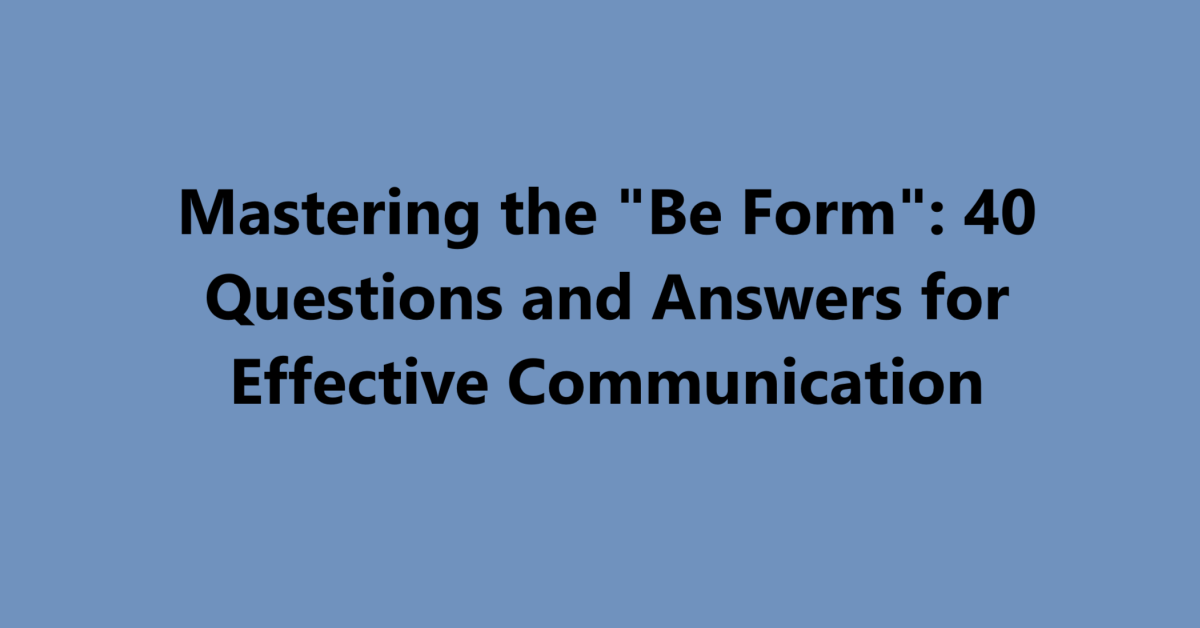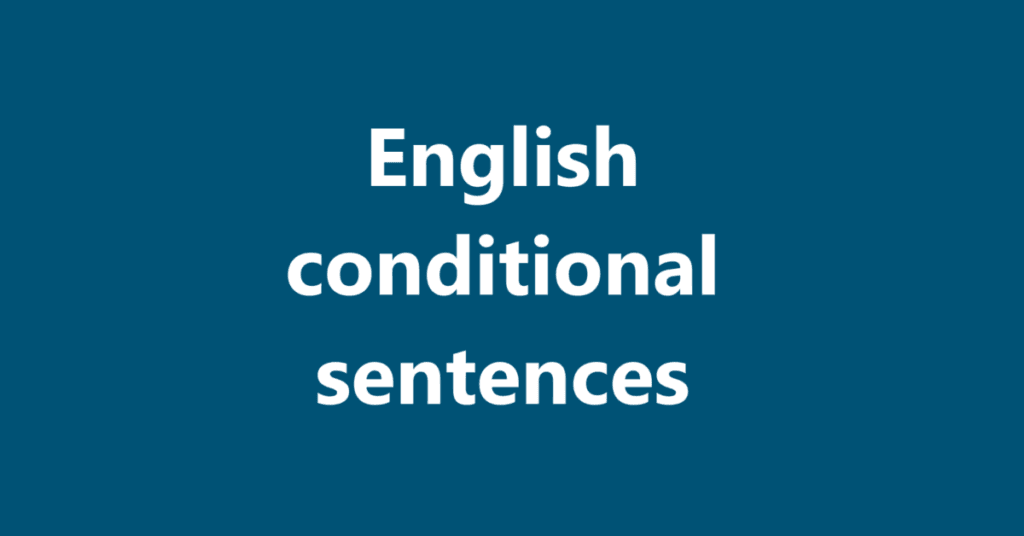When learning English, understanding how to form questions is crucial. Questions can take on various forms. These include:
- Interrogative sentences
- Interrogative negative sentences
- WH-type sentences
- WH negative type sentences.
The “be form” refers to sentences where forms of the verb “to be” (am, is, are, was, were) are used as the main verb. This blog post aims to provide you with a comprehensive guide consisting of 40 question-and-answer examples using the “be form.” By mastering these sentence structures, you’ll enhance your communication skills significantly.
Understanding the Basics
Before diving into the specific types of interrogative sentences, it’s essential to understand what the “be form” means. The “be form” includes the verbs “am,” “is,” and “are,” which help us describe a state, identity, or characteristics of a subject. For example, in the sentence “She is a teacher,” the verb “is” describes the subject’s identity.
Examples:
- I am a teacher.
- He is happy.
- They are friends.
Let’s explore various types of questions that utilize the “be form.”
1. Interrogative Sentences
These are direct questions, which are part of interrogative sentence structures, and they can be answered with a simple “yes” or “no.”
Examples:
- Are you a student?
Yes, I am. / No, I’m not.
- Is she your sister?
Yes, she is. / No, she isn’t.
- Are they in the park?
Yes, they are. / No, they aren’t.
- Am I late?
Yes, you are. / No, you’re not.
- Is it raining outside?
Yes, it is. / No, it isn’t.
- Are we all ready to go?
Yes, we are. / No, we aren’t.
- Is he your friend?
Yes, he is. / No, he isn’t.
- Are dogs mammals?
Yes, they are. / No, they aren’t.
- Am I on the right track?
Yes, you are. / No, you’re not.
- Is the book on the table?
Yes, it is. / No, it isn’t.
2. Interrogative Negative Sentences
In this format, the question is phrased negatively, typically using “not.”
Examples:
- Aren’t you coming to the party?
No, I’m not.
- Isn’t she your cousin?
No, she isn’t.
- Aren’t they participating in the event?
No, they aren’t.
- Am I not supposed to be here?
No, you are not.
- Isn’t it too late to call?
Yes, it is.
- Aren’t we meeting tomorrow?
No, we aren’t.
- Isn’t he at work?
No, he isn’t.
- Aren’t cats afraid of water?
No, they aren’t.
- Am I not right?
Yes, you are.
- Isn’t the movie interesting?
Yes, it is.
3. WH-Type Sentences
WH-type sentences begin with question words such as who, what, when, where, why, and how. This type allows for more open-ended responses.
Examples:
- What is your name?
My name is Alice.
- Where are you from?
I am from Canada.
- When is the meeting?
The meeting is at 3 PM.
- Why is he late?
He is late because of traffic.
- Who is your favorite author?
My favorite author is J.K. Rowling.
- How are they doing?
They are doing well.
- What is the capital of France?
The capital is Paris.
- Where are the keys?
The keys are on the table.
- When is your birthday?
My birthday is in July.
- Why are you studying English?
I am studying English for travel.
4. WH Negative Type Sentences
This type uses WH question words and is phrased negatively to inquire about the absence of something.
Examples:
- Why isn’t he coming to the party?
He isn’t coming because he is busy.
- Where aren’t you going?
I am not going anywhere.
- What isn’t working?
The printer isn’t working.
- Why is she not at school?
She is not at school because she is unwell.
- When aren’t they available?
They aren’t available on weekends.
- Who isn’t helping you?
No one is helping me.
- What isn’t on the menu?
Pasta isn’t on the menu today.
- Why am I not included?
You are not included due to a misunderstanding.
- Where aren’t we allowed to park?
We aren’t allowed to park in front of the building.
- Why haven’t they arrived yet?
They haven’t arrived because of a delay.
Conclusion
Learning to form questions using the “be form” is a key step in mastering English. Breaking this down into shorter practices makes the process manageable and more effective. By working through these 40 example questions and answers, you’ll deepen your grammar knowledge and build confidence for real-life scenarios, such as conversations or exams. Regularly revisiting these structures will make questioning feel natural.
Remember, effective communication is not just about the words we use but also about asking the right questions. Practice makes perfect, so don’t hesitate to create your own sentences and dive deeper into the rich world of English!

